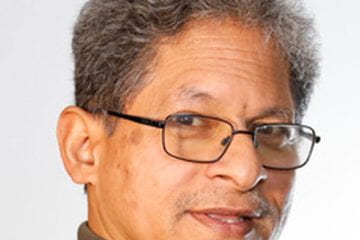Providing UC Astronomers state of the art facilities
A summer internship at Lick Observatory offers astronomy students a unique opportunity to engage in real-world academic astronomy. It includes hands-on experience in data collection, reduction, and analysis, as well as exposure to telescope maintenance tasks.
Come and work with us
We have positions open on the stunningly situated Lick Observatory on Mount Hamilton near San Jose and the wonderful campus of UC Santa Cruz.
Student/Postdoc/Faculty opportunities across UC
Featured News
Upcoming Events
Lick Observatory’s Summer Series! More information follow us here Lick Observatory’s EventBrite page

We engage the local community with public telescope viewings. More than 2,400 guests visit the observatory each year for the Summer Series. Visitors have a chance to view a glimpse of the stars through two historic telescopes and listen to lectures by world-renowned astronomers. In the “Evenings with the Stars” program, we invite world-renowned astronomers to Lick Observatory for an evening with the “stars” you won’t forget.
Special annual Lick Observatory visitors night for the Spanish-speaking community
"La Noche de las Estrellas" is a special annual Lick Observatory visitors night for the Spanish-speaking community (by invitation only). Lick Observatory hosts approximately 100 high school students and family members from five nearby High Schools (Gonzales, Soledad, Salinas, Castroville, and Watsonville). The students and family members enjoy a Spanish-speaking evening on Mount Hamilton, featuring short lectures by renowned scientists, followed by telescope viewings after dark through Lick Observatory's 36" Great Refractor and 40" Nickel telescopes. This special event is sponsored and made possible by: The University of California Observatories (UCO) University of California, Santa Cruz MESA (Mathematics, Engineering, Science Achievement) U.S. National Science Foundation and Friends of Lick Observatory (FoLO). The next La Noche de las Estrellas takes place in the fall of 2025.


